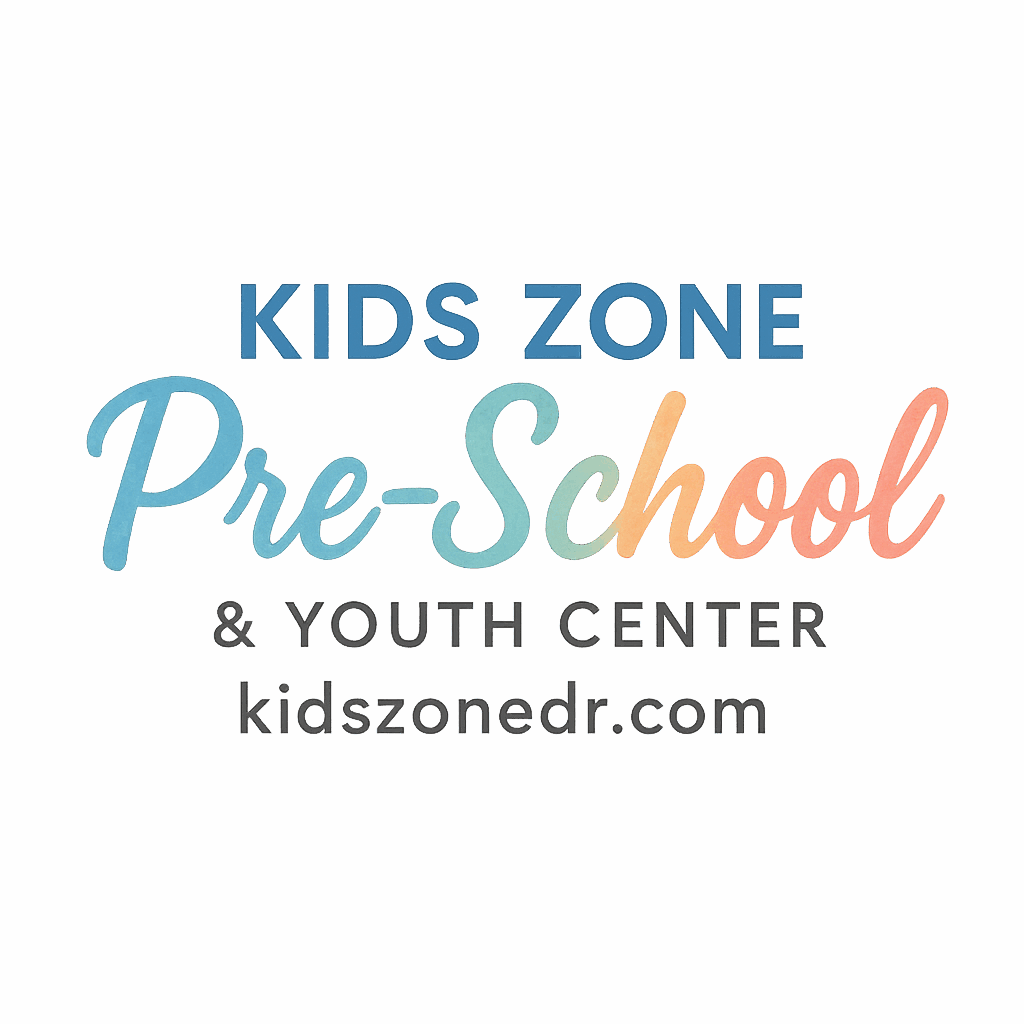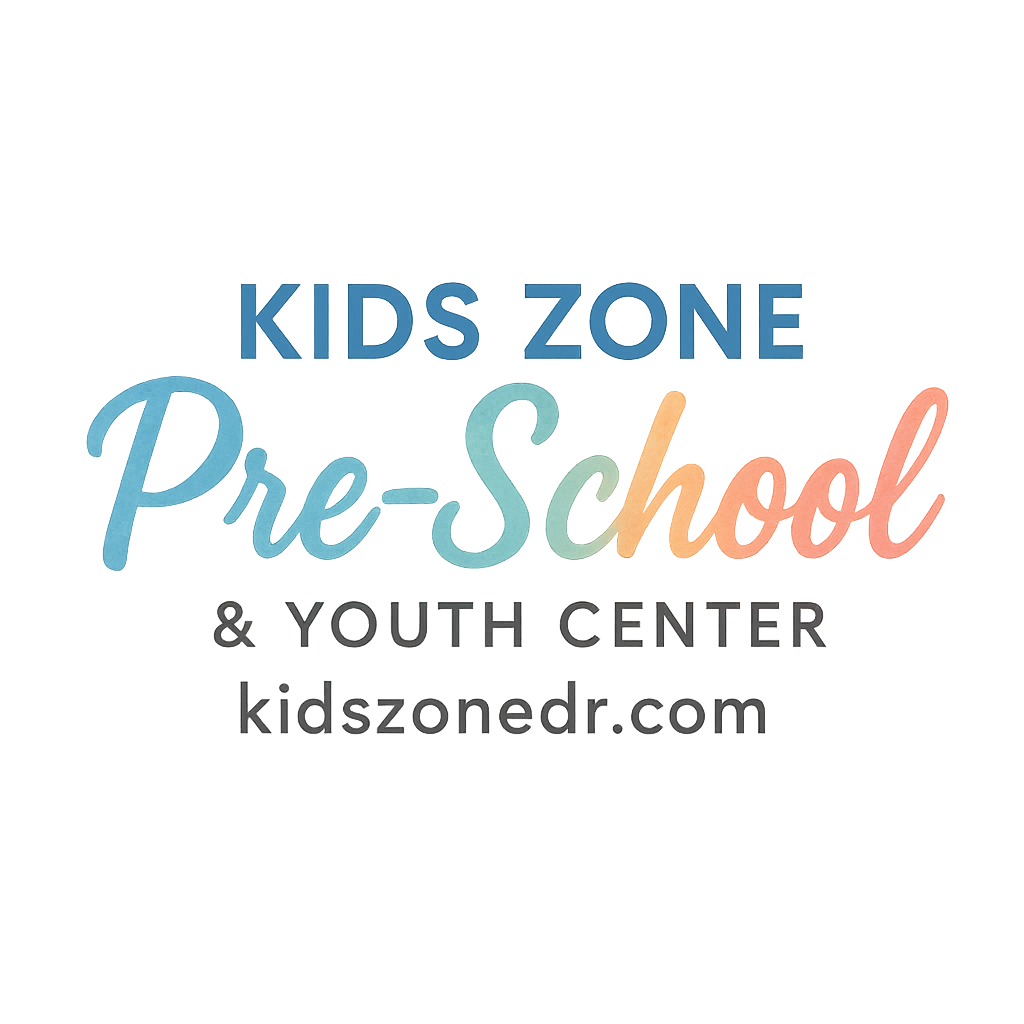Why Language Development Games Matter in Early Childhood
If you’ve ever watched a preschooler pick up new words after just one game or song, you know how powerful play can be. Language development isn’t just about repeating words—it’s about giving kids the tools to express themselves, connect with others, and grow their confidence. That’s where creative preschool and youth center games come in.
Games transform learning from something that feels like a chore into something natural, exciting, and memorable. Whether you’re a teacher in a preschool classroom, a youth center facilitator, or a parent looking for fun home activities, the right language games can spark a love for words and communication.
Key Benefits of Using Games for Language Learning
Builds Vocabulary Naturally
Games allow kids to discover new words in context. Instead of memorizing a list, they’re hearing, saying, and using words in meaningful ways. That’s how real vocabulary sticks.
Encourages Social Skills
Language development isn’t only about speaking; it’s about listening, taking turns, and responding. Games naturally teach teamwork, patience, and communication.
Boosts Confidence in Speaking
For many preschoolers, speaking up in front of others feels scary. But when the focus is on play, children feel safe to try, make mistakes, and laugh together. This builds the confidence they need for future communication success.
How to Choose the Right Language Development Games
Age-Appropriate Activities
The best games are tailored to the age group. Preschoolers need simple, short, interactive games, while older youth center kids can handle more complex storytelling or team challenges.
Balancing Fun and Learning
Too much focus on “teaching” can turn kids off. Games should be lighthearted, with learning sprinkled in naturally through play.
Group vs. Individual Play
Some games work best in small groups, others one-on-one. Think about your classroom or center setup before introducing a new game.
Game 1: Story Circle Adventure
How It Works
Kids sit in a circle, and the teacher starts with a simple sentence like, “Once upon a time, there was a tiny dragon…” Each child adds a sentence to keep the story going.
Language Skills Developed
- Vocabulary expansion
- Sequencing ideas
- Listening and responding skills
Game 2: Word Treasure Hunt
How It Works
Hide word cards (with pictures for younger kids) around the classroom or playground. Children search for the cards and say the word aloud when they find it. For older kids, add a challenge: use the word in a sentence.
Language Skills Developed
- Word recognition
- Sentence-building
- Active learning through movement
Game 3: Puppet Role-Play Theater
How It Works
Provide puppets and let kids create mini-scenes. You can guide the theme (“At the grocery store” or “A day at the zoo”) and encourage children to act out conversations.
Language Skills Developed
- Dialogue practice
- Role-play conversations
- Imagination-driven vocabulary

Game 4: Mystery Bag Descriptions
How It Works
Fill a bag with objects (ball, spoon, toy car, etc.). A child feels an object without looking and describes it to others, who then guess what it is.
Language Skills Developed
- Descriptive language
- Critical thinking
- Active listening
Game 5: Rhyme & Rhythm Challenge
How It Works
Clap a rhythm and say a word. The next child claps the same rhythm and adds a rhyming word. Continue around the circle until no new rhymes can be found.
Language Skills Developed
- Phonological awareness
- Rhyming skills
- Memory and sequencing
Game 6: Guess the Sound Game
How It Works
Play different sounds (animal noises, vehicles, household sounds) and let kids guess what they are. For an extra challenge, they can make sentences with the guessed word.
Language Skills Developed
- Listening comprehension
- Vocabulary expansion
- Associating sounds with words
Game 7: Picture Card Story Builders
How It Works
Lay out random picture cards (dog, tree, ball, rainbow, etc.). Children pick a few cards and create a short story using them.
Language Skills Developed
- Storytelling
- Creativity in sentence formation
- Expanding word use
Additional Tips for Teachers & Parents
Creating Daily Routines for Practice
Consistency is key. Incorporating small language games into daily routines helps kids practice without realizing it. Check out this guide on daily routines & activities for preschoolers.
Encouraging Parent Involvement
Parents play a huge role in language development. Fun games at home reinforce classroom learning. Learn more about parental guidance & involvement strategies.
Using Healthy Habits in Play
Language learning can even tie into nutrition and wellness. For example, naming healthy foods during snack time combines vocabulary building with healthy eating habits.
Common Mistakes to Avoid in Language Games
- Overcomplicating instructions
- Expecting perfection instead of progress
- Not giving equal participation chances
- Forgetting to mix fun with learning
Conclusion
Language development doesn’t need to feel like a lesson—it can be an adventure. By using these 7 creative preschool and youth center games, you can spark curiosity, grow confidence, and build strong communication skills in children. Whether it’s through storytelling, role-play, or guessing games, kids thrive when learning feels like play. And the best part? These games don’t just build language skills; they nurture imagination, teamwork, and joy in learning.
For more insights on preschool learning, explore resources like preschool learning & development and choosing the right preschool.
FAQs
1. How often should preschoolers play language games?
Daily exposure works best. Even 10–15 minutes a day can make a huge difference.
2. Can parents use these games at home?
Absolutely! Most of these games require little to no materials and are perfect for family playtime.
3. What’s the best game for shy kids?
Puppet role-play is fantastic for shy children because they can “speak” through their puppet without feeling exposed.
4. Do these games help with reading later on?
Yes. Language games strengthen vocabulary, phonics, and comprehension—all essential for strong reading skills.
5. How do I adapt games for mixed age groups?
Keep rules simple for younger kids and add extra challenges (like sentence-building) for older ones.
6. Are digital games better for language learning?
Digital tools can help, but hands-on, interactive games usually provide deeper learning experiences.
7. How can teachers track progress during these games?
Observation works best. Notice if kids use new words, build longer sentences, or show more confidence in conversations.


